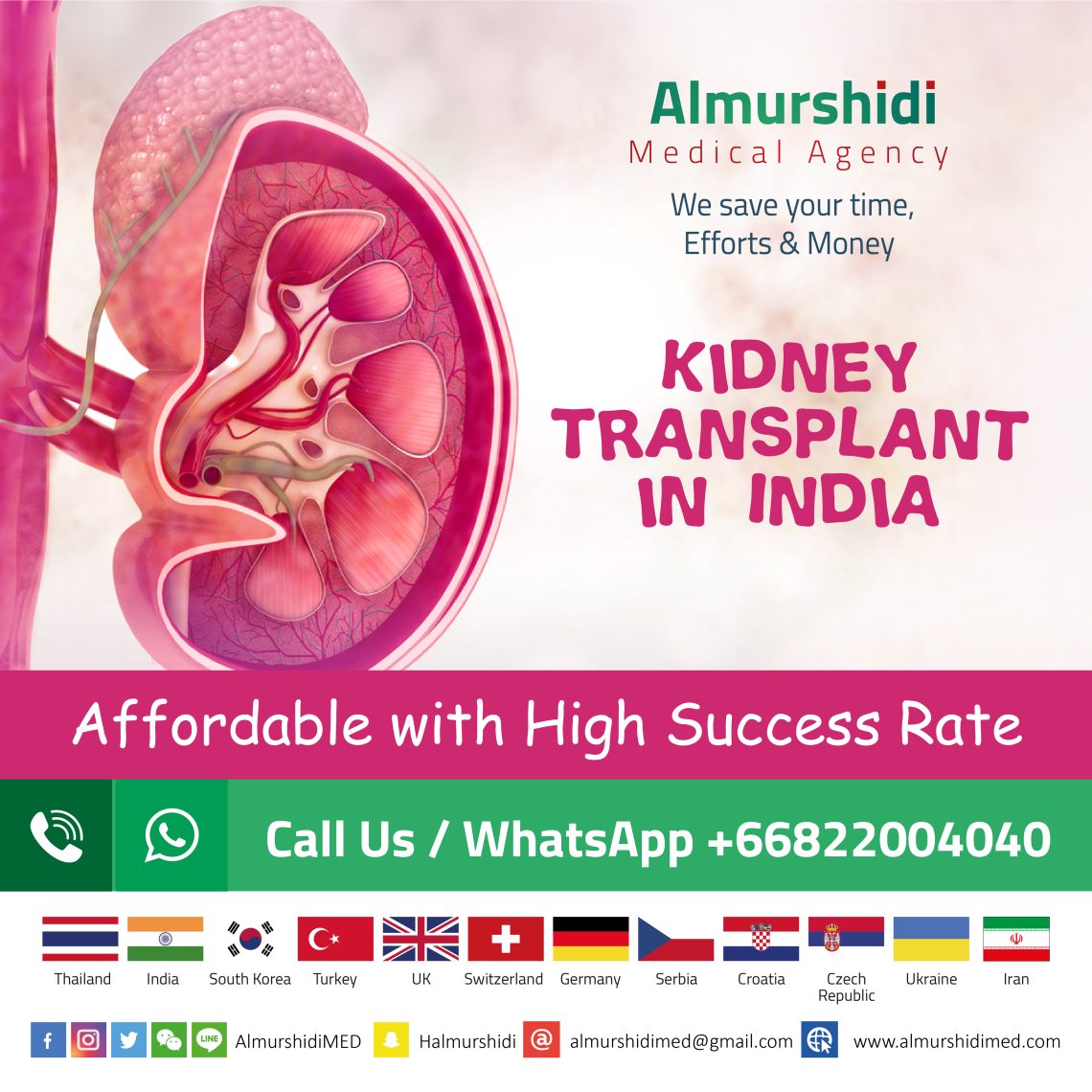
A Lifesaving Procedure
Kidney transplantation is a critical medical procedure that offers hope and a new lease on life for individuals suffering from end-stage renal disease (ESRD). As a sophisticated and life-transforming treatment, it is essential to understand both the procedure itself and the broader implications for patients. In this article, we delve into the intricacies of kidney transplantation, including the process, benefits, and the journey to a successful transplant.
What is Kidney Transplantation?
Kidney transplantation involves the surgical placement of a healthy kidney from a donor into a patient whose kidneys are no longer functioning adequately. This procedure is often considered when other treatments, such as dialysis, are no longer effective or suitable. The transplanted kidney takes over the vital function of filtering waste products and excess fluids from the blood, which are otherwise managed by the kidneys.
Types of Kidney Donors
Kidney transplants can be categorized based on the source of the donor kidney:
- Living Donor Transplant: This type involves a kidney donated by a living individual, usually a family member or a close friend. Living donor transplants generally offer better outcomes than deceased donor transplants, primarily due to the better condition of the kidney and a shorter time from donation to transplantation.
- Deceased Donor Transplant: In this case, the kidney comes from a donor who has recently died. Deceased donor kidneys are allocated based on various factors, including the urgency of the recipient’s condition, tissue compatibility, and geographical considerations.
The Transplant Process
The kidney transplant process involves several key stages:
- Evaluation: Before a transplant, patients undergo a thorough evaluation to ensure they are suitable candidates. This assessment includes medical history reviews, physical exams, and compatibility testing to find a matching donor kidney.
- Waiting List: If a suitable living donor is not available, patients are placed on a national waiting list managed by organizations like the United Network for Organ Sharing (UNOS) in the United States. Patients on the list are ranked based on medical urgency, compatibility, and other factors.
- Surgery: Once a compatible kidney becomes available, the patient undergoes surgery. The procedure typically lasts several hours and involves placing the new kidney in the lower abdomen. The old, non-functioning kidneys are usually left in place unless they cause complications.
- Post-Operative Care: After the surgery, patients receive intensive monitoring to ensure the transplanted kidney is functioning properly. They are also prescribed immunosuppressive medications to prevent their immune system from rejecting the new organ.
Benefits of Kidney Transplantation
Kidney transplantation offers numerous benefits over other treatments like dialysis:
- Improved Quality of Life: Patients often experience a significant improvement in their quality of life, with increased energy levels and a return to normal daily activities.
- Greater Freedom: Unlike dialysis, which requires regular, time-consuming treatments, kidney transplantation typically allows patients more flexibility and independence.
- Better Long-Term Outcomes: Transplantation generally provides a better long-term prognosis compared to chronic dialysis, with improved survival rates and overall health.
Challenges and Considerations
While kidney transplantation offers many advantages, it is not without challenges:
- Rejection Risk: The body’s immune system may recognize the transplanted kidney as foreign and attempt to reject it. To mitigate this risk, patients must take immunosuppressive medications for the rest of their lives.
- Infections and Complications: Immunosuppressive drugs can increase the risk of infections and other complications, requiring careful monitoring and management.
- Long-Term Medication: Lifelong adherence to medication regimens is crucial for transplant success. This requires a commitment to regular medical check-ups and managing potential side effects.
The Road Ahead
For many patients, kidney transplantation represents a chance to reclaim their lives from the constraints of chronic kidney disease. Advances in medical technology and surgical techniques continue to improve the success rates and outcomes of kidney transplants. Ongoing research and development also promise to enhance the quality of care and the overall patient experience.
Almurshidi Medical Tourism
UAE +971503318787 Whatsapp http://wa.me/971503318787
Oman +96891271744 Whatsapp http://wa.me/96891271744
Thailand +66822004040 Whatsapp http://wa.me/66822004040
website WWW.ALMURSHIDIMED.COM
Social Media ALMURSHIDIMED







